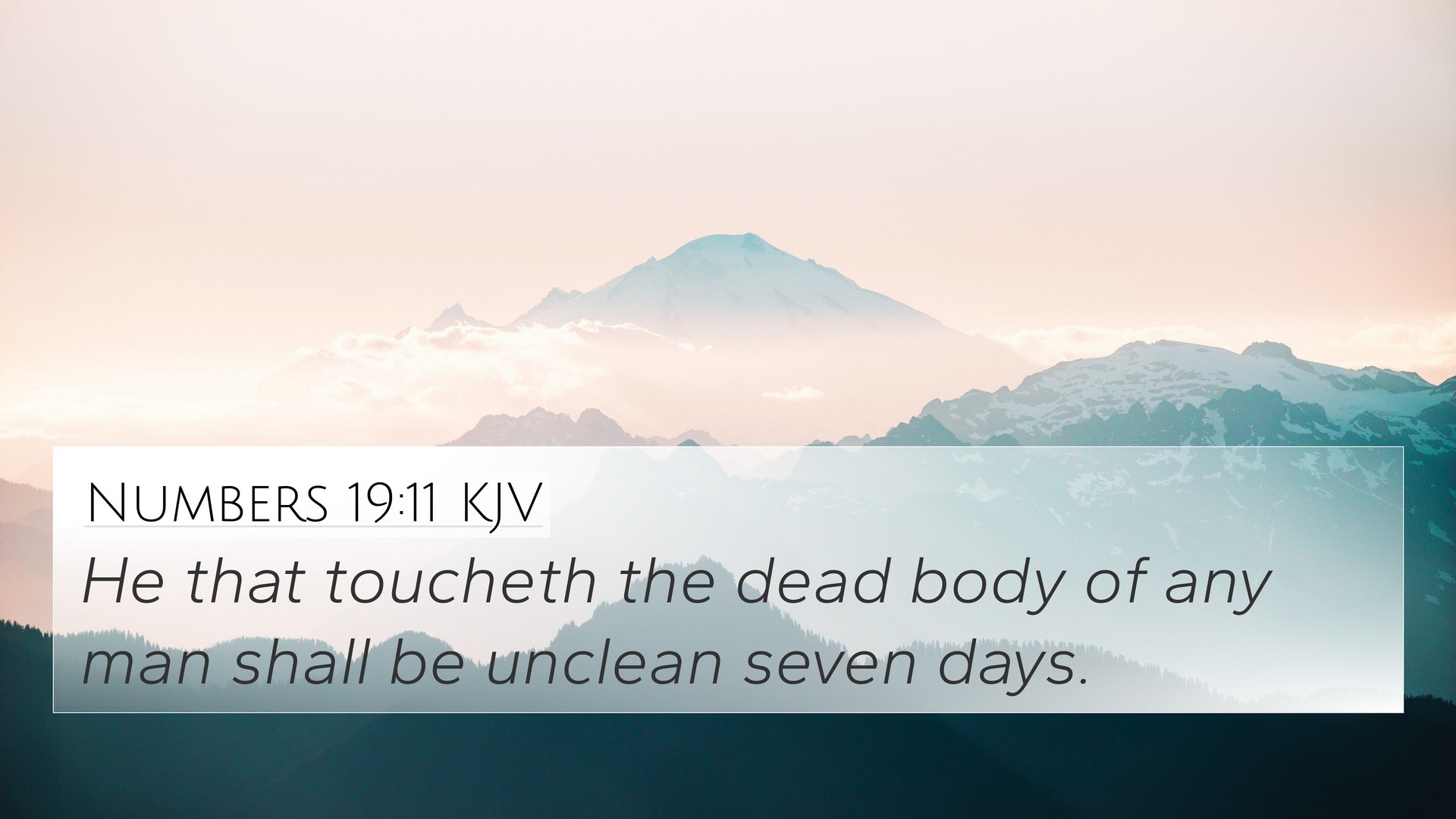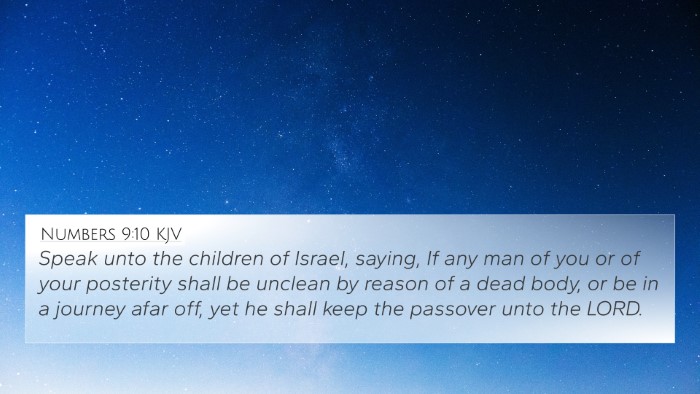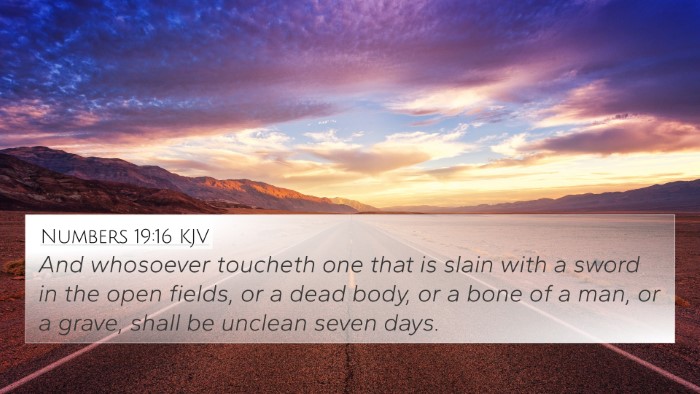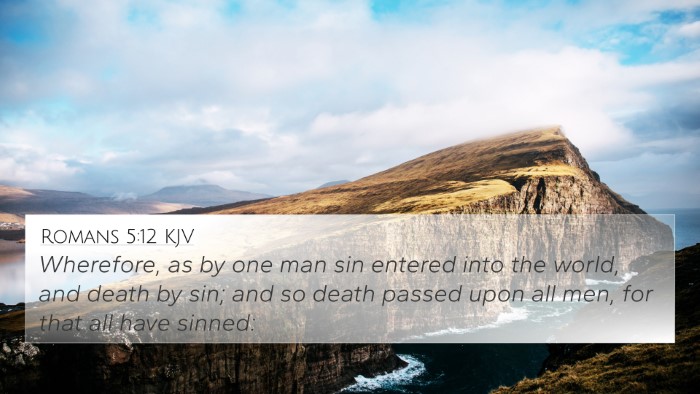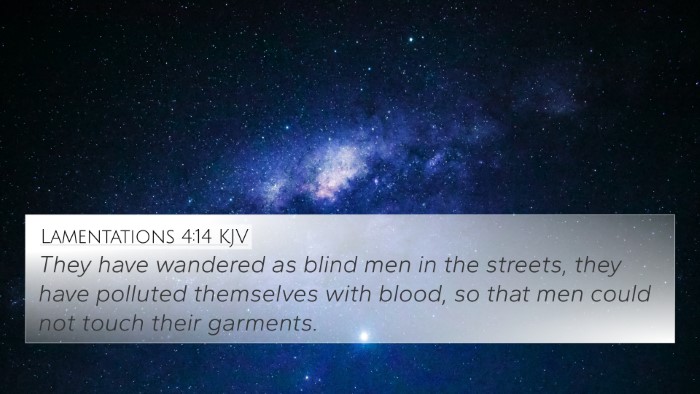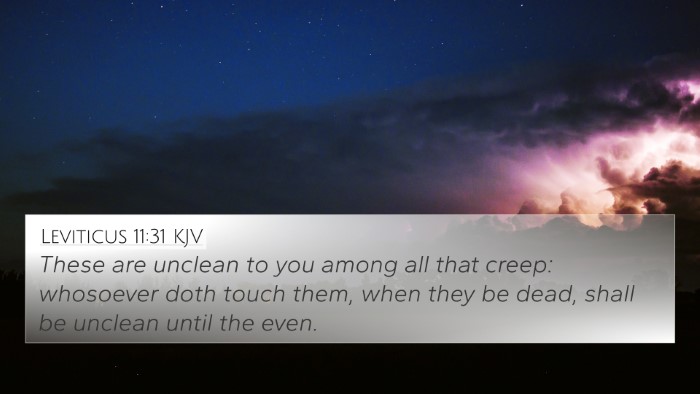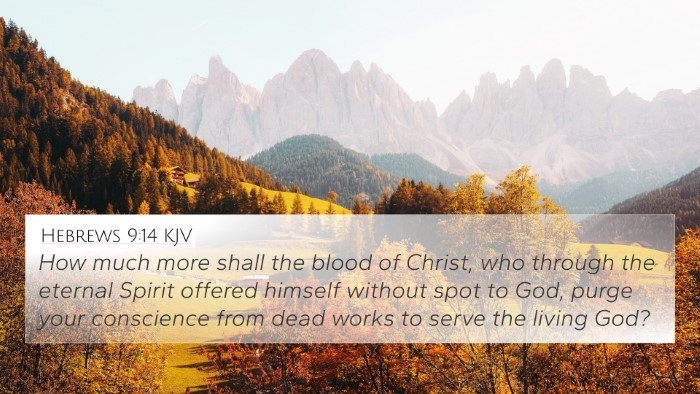Understanding Numbers 19:11
Numbers 19:11 states: "He who touches the dead body of any man shall be unclean seven days." This verse is part of the laws given to the Israelites concerning purity and contamination, specifically in relation to death. Below we explore its meaning through insights drawn from public domain commentaries.
Verse Meaning and Context
This command about touching a dead body deals with the concept of ceremonial uncleanliness in the Law of Moses. According to Matthew Henry, this law was intended to highlight the serious nature of death and sin, portraying death as a consequence of sin.
Albert Barnes elaborates on why God laid out such laws, explaining that the Israelites were to recognize the importance of maintaining purity as a reflection of their covenant relationship with God. By instituting these laws, God emphasizes the separation between life and death, and symbolizes the spiritual implications of sin.
Adam Clarke suggests that the law was also practical; touching the dead (which was common in the ancient world) made one temporarily unclean, serving as a tangible reminder to maintain holiness and keep a distance from death's defilement.
Thematic Bible Verse Connections
The verse connects with several important themes in the Bible, such as:
- Holiness: The call to be holy is foundational in both the Old and New Testaments.
- Sin and Consequence: This verse symbolizes the consequences of sin, reflecting the necessity for atonement.
- Separation and Purity: The laws of purity and cleansing throughout the Pentateuch convey God's demand for purity among His people.
Cross-References and Comparative Analysis
To fully understand Numbers 19:11, we can compare it with other relevant passages:
- Leviticus 11:24-27: Discusses unclean animals and their impact on purity.
- John 11:25-26: Jesus calls Himself the resurrection and the life, countering the effect of physical death.
- 1 Corinthians 15:55: Paul speaks about victory over death through Jesus Christ.
- Leviticus 21:1-3: Further laws concerning the dead and the priests.
- Matthew 23:27: Jesus rebukes the scribes and Pharisees for being like whitewashed tombs.
- Hebrews 9:27: Speaks about the inevitability of death, reiterating its significance.
- Revelation 21:4: Promises the wiping away of every tear and death being no more, contrasting the law of Numbers.
Lessons and Applications
This verse serves as a reminder of the importance of spiritual cleanliness. Its implications extend beyond the mere act of touching a dead body; it invokes a deeper understanding of how we handle spiritual death and sin:
- Practical Awareness: As believers, understanding personal boundaries regarding sin is crucial to maintaining spiritual health.
- Community Education: Teaching others about God's laws can enhance collective spiritual awareness.
- Reflections on Eternal Life: This verse ultimately points us towards the hope of resurrection and eternal life through Christ.
Conclusion
Numbers 19:11 is a part of a larger narrative that emphasizes cleanliness in the eyes of God, illustrating the seriousness with which death—as a consequence of sin—should be regarded. By linking this verse to various other Bible texts, we uncover deeper meanings and thematic connections that enhance our understanding of God's holiness.
Through Bible verse cross-references and comparative analysis, this examination enriches our study of scriptures, allowing us to grasp the profound implications of the law in Numbers and how it foreshadows the redemptive work of Jesus Christ.
Further Study: Tools for Cross-Referencing
To explore connections between Bible verses, consider utilizing:
- Bible concordances
- Bible cross-reference guides
- Cross-reference Bible study materials
These resources can significantly aid in finding cross-references, identifying connections between the Old and New Testament, as well as understanding complex Biblical themes through the lens of interconnected scriptures.
